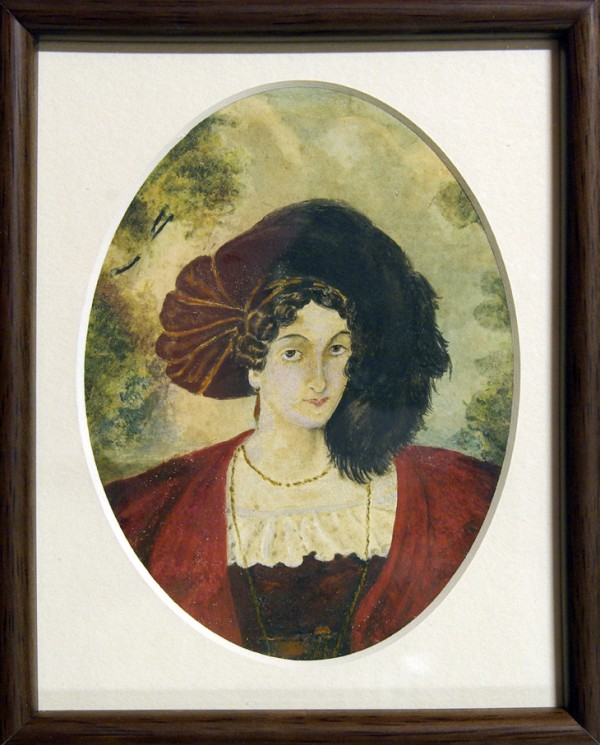In South Australia
It is a slow week for Colonel Light and his surveyors. On 23 October deputy surveyor George Kingston finally arrives at Rapid Bay, after some weeks on Kangaroo Island. It is not clear why he delayed there so long, but his arrival means that Light can divide his forces to cover a greater area. Progress is imperative.
We hear one last time from George Martin, captain of the John Pirie. In a long letter to his wife Mary, written from Hobart on 29 October, he provides a summary of the journey from his perspective. Apparently he was unimpressed with Kangaroo Island, which he dismisses as ‘a most wretched & barren place not worth anything’, in contrast with the mainland, which he describes enthusiastically. ‘I must confess, that in all my travels I never saw so fine a country before & abundance of fresh water’. We learn that Mary is to join him and that they may seek to join the settlers in South Australia.
At sea
Although Light does not yet know it, the Africaine is fast approaching. On 23 October Mary Thomas reports passing Cape Leeuwin and the ship makes good progress across the Great Australian Bight. Several whales pass in front of the vessel, spouting up water.

Mary Thomas, painted by her daughter Frances, aged fourteen. 1834. Image courtesy of the Estate of Joan Kyffin Willington.
Thankfully for the survey party, the Buffalo is further behind. On 28 October it is approaching the coast of Africa, although still some distance out. Young Bingham Hutchinson reports fine sailing conditions, which is good news for the young mother in labour on board. Her new baby is born safely that morning.
The atmosphere is more stormy in the captain’s cabin. Hindmarsh seeks his secretary’s opinion on the extent of his executive powers as governor and is not pleased with the answer. Stevenson argues that the governor should act in concert with his Executive Council: Hindmarsh apparently announces that he is ‘determined to act singly and uncontrolled’. The stage is set for subsequent battles, although at this stage Stevenson is inclined to think that Hindmarsh will ‘probably come or be brought to his senses ere he be called upon to act’.
Language warning: Please note that these sources contain language which is today considered offensive. It has been retained as it is part of the historical record and evidence of past attitudes.


The moral of the story is never hold a Divine Service (“Buffalo” 23 October) without first shortening sail, as you never know what umbrage Aoelus or Zephyr (Greek God of the west wind) might take.
Thanks, Evan. Good advice, I’m sure!